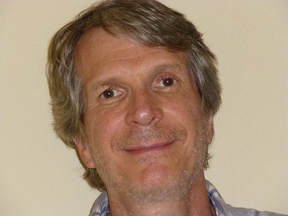 Mitchel Montagna is a corporate communications writer for a large professionals services firm. He has also worked as a special education teacher and a radio news reporter. His poetry has appeared in Naturewriting, The Penwood Review, Poetry Life and Times, and PEEKS and valleys. His fiction has appeared in Amarillo Bay. He is married and lives in New Jersey. |
Categories
All
|
 RSS Feed
RSS Feed